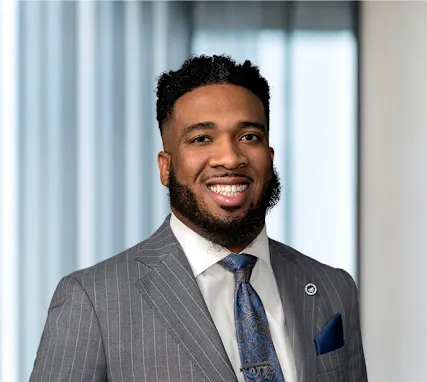Authors
Who does the law apply to?
The law applies to individuals or families that create compensated video content for use on online platforms (“vloggers”), which content is performed in Illinois and contains the name, photograph, or likeness of a minor under the age of 16, provided the following criteria are met at any time during the previous 12-month period: (1): the minor’s likeness, name, or photograph is in at least 30% of the compensated content produced by the vlogger within a 30-day period, and (2) the number of views received per video on any online platform meets the online platform’s threshold for the generation of compensation or the vlogger received actual compensation for video content equal to or greater than $0.10 per view. The 30% threshold is measured by the percentage of time that the minor’s name, likeness, or photograph either visually appears in the content or is the subject of the oral narrative of the video, as compared to the total length of the video.
The law doesn’t apply where the minor is creating their own content. Also, note that the law applies where the content creator is compensated, and is not meant to discourage parents who share photos and videos of their children online, or even those parents who post content of their children that accidentally becomes viral.
What do content creators need to do?
A vlogger would be required to set aside a portion of the gross earnings from the qualifying video content in a trust account to be preserved for the benefit of the minor upon reaching the age of majority. The amount that is required to be set aside must be at least half of the percentage of the video content that includes the minor’s name, image, or likeness. For example, if the minor is in 100% of the video content, 50% of the gross compensation from the video content must be set aside, while if the minor is in 50% of the video content, 25% of the gross compensation would need to be set aside. If multiple minors are in the video content, the percentage that is set aside is calculated based on the total time all minors are in the video content and must be split equally among accounts for each minor regardless of the time each minor was included in the video content.
During the reporting period, vloggers must also keep the following records and produce them to the minor upon request: (1) the minor’s name and proof of the minor’s age, (2) the number of videos that generated qualifying compensation, (3) the total number of minutes of the videos for which the vlogger received compensation, (4) the total number of minutes the minor featured in the videos, (5) the total compensation generated from videos featuring the minor, and (6) the amount deposited into the trust account.
The trust account must be available only to the minor, with funds available when the minor turns 18 or is emancipated.
What are the consequences of non-compliance?
The law notably creates a private right of action for minors to take legal action against the vlogger for (1) actual damages, (2) punitive damages, and (3) costs and attorneys’ fees, if the minor does not receive the trust from the vlogger or the vlogger does not keep the required records. The law specifically states that the law does not affect a party that isn’t the vlogger or the minor.
What do advertisers need to do?
Although the law puts the burden on the vlogger to ensure that compensation is properly deposited in a trust account and maintain required records, advertisers that work with influencers who feature minors in their videos (e.g., family content) should consider reviewing their influencer contracts and policies to address these new legal obligations applicable to influencers and discuss how their agencies and influencer networks will be socializing the new requirements. This can be particularly important where lack of compliance on the part of the vlogger could reflect negatively on the brand by association, and the new requirements could factor into compensation negotiations. The timing is opportune given the FTC’s revisions to its endorsement and testimonial guidelines, discussed in more detail at viewpoints.reedsmith.com.
Overall, the law aims to protect child social media influencers by ensuring they are fairly compensated for the effort and time contributed to compensated video content. Content creation is becoming more of a viable path and career, especially for younger individuals. Children want to have an active online presence and ideally be paid as well. Moving forward, other states may follow Illinois’ lead – for example, similar legislation has been proposed in Pennsylvania.
Client Alert 2023-190
